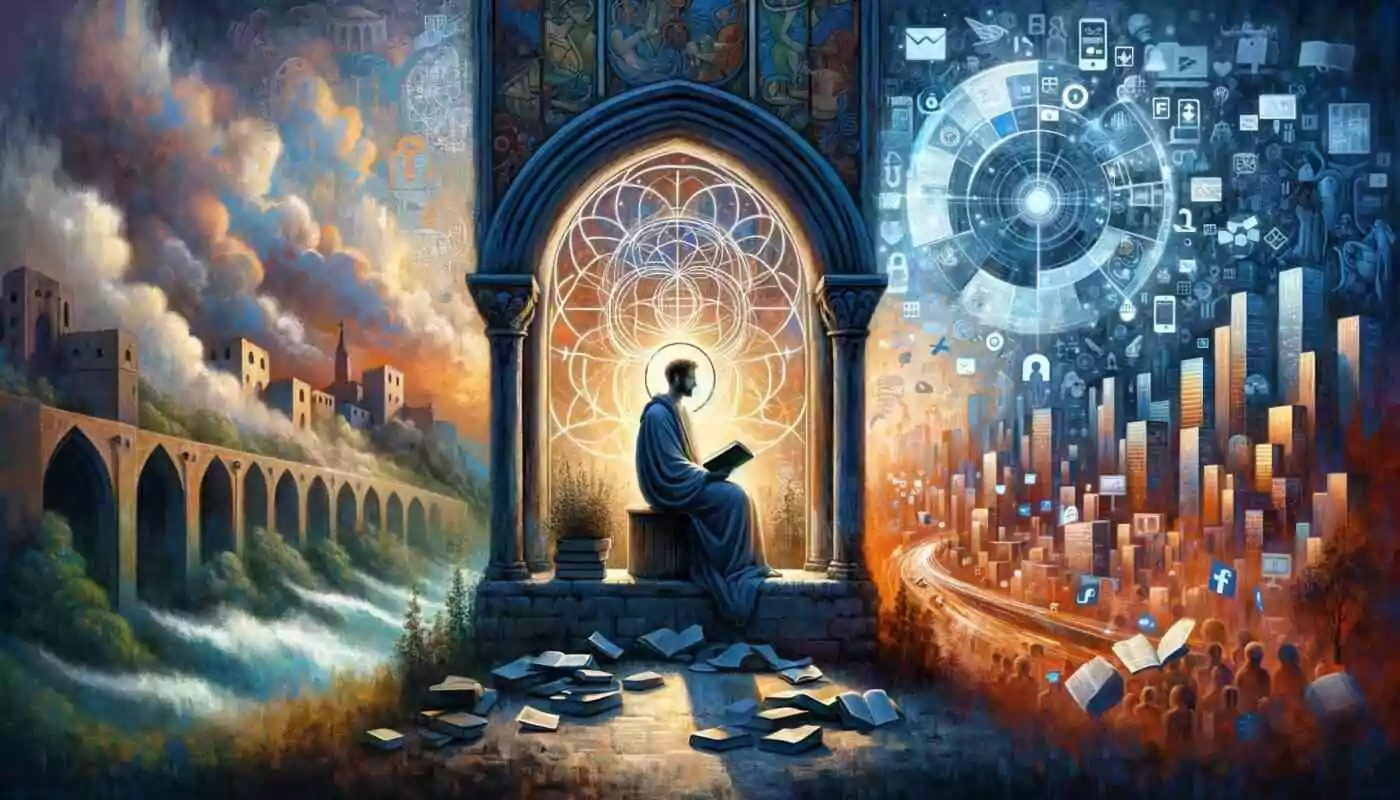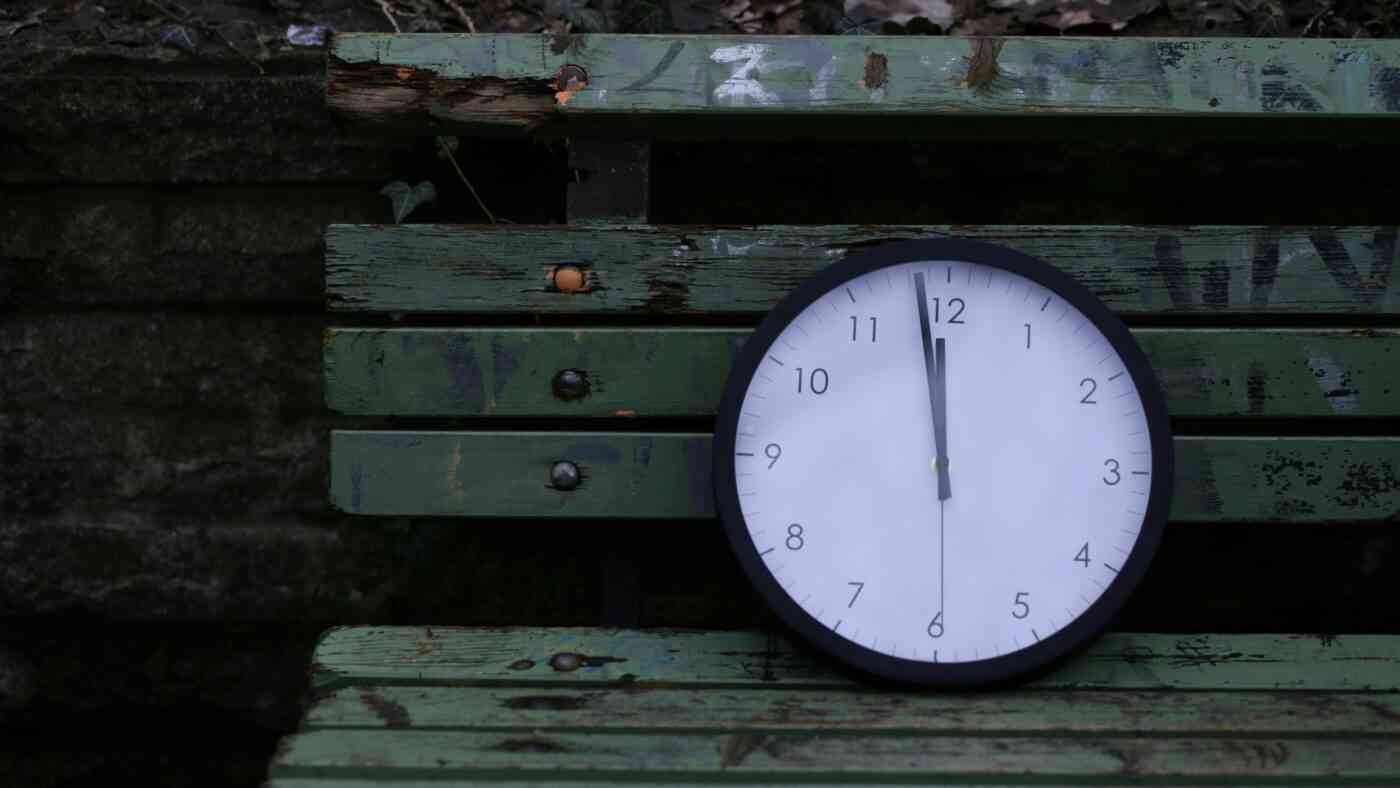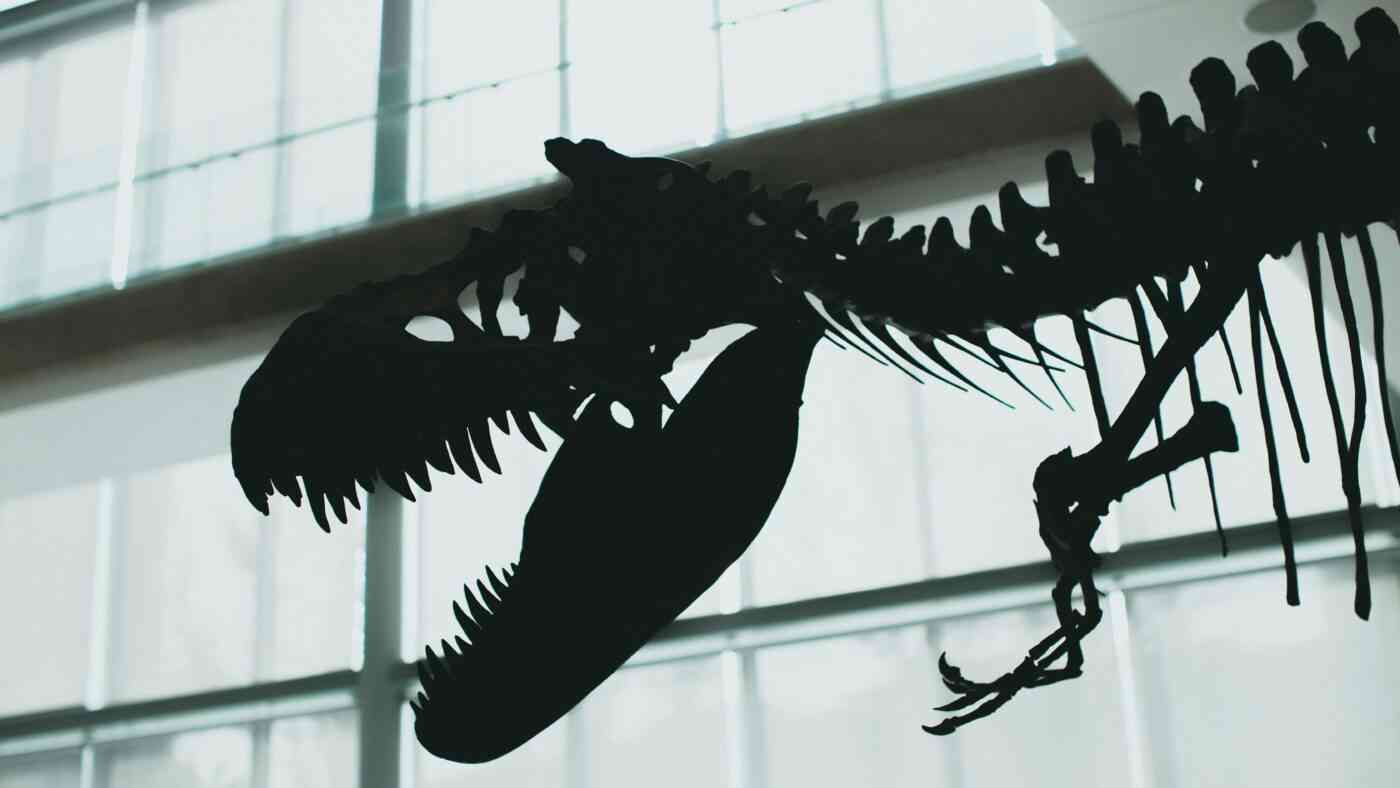Truth & Goodness
Seconds from Midnight: The 2026 Doomsday Clock Hits 85 Seconds
18 February 2026

Undoubtedly, humans are social beings. Since the inception of Homo sapiens, we have built civilizations based on human relations, hierarchy, and role division. Today, loneliness is one of the most severe states we all strive to avoid. Yet, following the example of ancient masters, some of us opt for a life away from the hustle and bustle of the modern world.
In the 21st century, the rhythm of daily life is set by the constant flow of information. It has become the currency and foundation of the global economy. Those who are well-informed have an edge over others. The battle with competition is inevitable on our overpopulated Earth, although such a state dangerously resembles natural selection. However, as long as we are in motion, we move forward. Yet, due to overload, fatigue, and resignation, we may start living on autopilot, never stopping until our bodies say STOP.
“If something is free, then you are the product.” This common saying holds much truth. We often marvel at the access to services that significantly ease our daily struggles. Today, virtually no one can imagine life without Google search, navigation, or social media platforms.
Sometimes, the plethora of solutions and services offered by global IT giants can be astonishing. This raises the question: how do they earn money?
The world of the internet has long adopted direct marketing, advertising targeted at a narrow group of consumers most likely to be interested in a service or product, and focused on interaction. Each of us has surely encountered a situation where, after searching for a specific term just once in a popular search engine, we then see ads based on that phrase.
Every time we use popular services, we are analyzed and then summarized. We are like a catalog of traits used by an advanced algorithm to assess our predictability. This sounds ruthless, but these are the realities and the price of using the internet.
Apart from content promoting sales, specific content streams to each global network user, designed to catch their interest. Inaccurate headlines are practically a thing of the past. On popular platforms, we usually find what may pique our curiosity. Our click sounds like a coin dropped into the creator’s piggy bank. There is nothing inherently wrong with that. But when it becomes too much…

The bombardment of information from all directions, though often not deeply processed cognitively, continues to stimulate our nervous system. We are attacked by flashy headlines, overwhelmed by the multitude of messages, and each bit of information that appears in our field of attention activates our brain like a tiny feather irritating the cheek. Even the most delicate stimulus, if too frequent, eventually causes irritation and fatigue.
The phenomenon of continuously tracking current information has been named. FOMO (Fear of Missing Out) is the fear of “falling out of the loop,” which can occur even if we go offline for a moment. The capabilities gained from having smartphones in our pockets have led us to want to be constantly up-to-date. We nervously check emails, messages from (several different) messengers, notifications from news apps, or social media services. There is so much of it that keeping up with the news requires reaching for the phone almost every time we have a free hand. The habit developed this way continually makes its presence known, and the inability to scroll sometimes causes anxiety. Its signs can resemble the symptoms of a compulsive disorder: feeling an internal compulsion, striving for repetitiveness, and distinct discomfort in the inability to perform a specific action. These are also symptoms of the FOMO phenomenon.
Moving daily through a big city, we encounter a stream of people on trams, on the street. We squeeze through queues, anxiously look for a parking spot, or get frustrated because of forced stops in traffic jams. We are still exposed to stimuli that we do not necessarily want to receive. We only feel tired in the evening if we are lucky enough to sit down quietly. The adrenaline that drove us subsides, but cortisol still circulates in our veins at the thought of facing the same thing tomorrow. We count time from weekend to weekend, and free days must be spent “productively.” So, we plan new tasks, consuming more resources from our bodies. Are we chasing something, or running from something?
Stopping is a risky move. Silence is ominous. The lack of external stimuli forces us to turn to our inner life. What will we discover there? Do we want to face it?
We recommend: Solidarity and Solitude: Reflections on Community in the 21st Century
Biblical prophets, medieval monks – they all sought a place where they could hear the voice of God. This voice, according to their beliefs, did not come from the outside, although it is symbolically represented as such. To engage in dialogue with a higher power and hear the voice within the spirit, one had to cut off everything external.
The intuition of medieval hermits was striking. They knew that by renouncing the world, they would enrich their souls, thus connecting with the inner world that speaks more about people than any external phenomenon.
The condition of modern humans requires them to also pause and change perspective. Rest combined with reflection is necessary, but one does not need to be forever separated to feel the tangible effects of temporary isolation.
Many monasteries welcome those yearning for silence, the slow passage of time, the mundane routine, and the predictability of the day. When all connections emit no signals, one can guiltlessly take a walk in the park, contemplate by the ancient walls of a temple, or simply sleep. One does not have to be a believer to enter this space. Many monks run houses that serve everyone, regardless of the guest’s beliefs or religion.
Our hermitage does not have to be a monastery right away. The Camino de Santiago pilgrimage trail, stretching almost across Europe, is an area of reflection. On the way to the cathedral in Santiago de Compostela, pilgrims re-engage with the world of inner experiences, reevaluations, constructive contemplation, and soothing effort. Although the destination is a Catholic temple, the route is frequented by people of various worldviews, representing different religions and cultures.
We are not perpetuum mobile. Our existence does not require constant movement. It is worthwhile to occasionally pause to recognize that what we are chasing is not outside, but within us. The need for advancement and recognition may be the result of low self-esteem that we need to compensate for in some way. Constant succumbing to the temptation of action can also be linked to a deeply hidden sense of guilt. Perhaps we feel that we were not patient enough with someone, not present enough in their life, or not sufficiently helpful. Boundless availability may also indicate a hidden fear of rejection.
Let us try to connect with ourselves, with our emotions. Quite possibly, then we will discover that it is worthwhile to simply be. Here and now.
We recommend: From Solitude to Loneliness: Examining the Contemporary Human Condition

Science
17 February 2026

Science
17 February 2026

Zmień tryb na ciemny